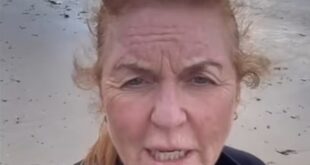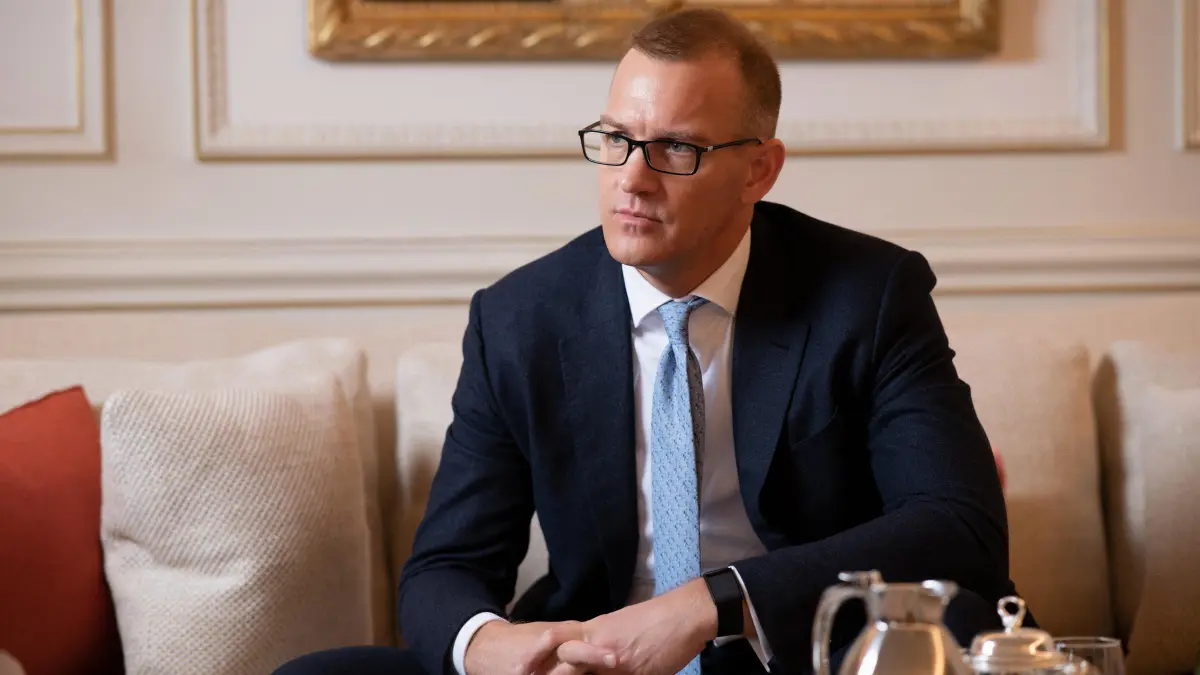Noting a lack of emotional intelligence among the senior leadership teams that Patrice Gordon was a part of, the now renowned TED speaker and author took the leap of faith towards leaving a well-established and well-remunerated position to start embedding a sea change in the way leaders think and act.
Now a champion of ‘reverse mentoring’, Gordon talks about what stirred her passion and why she believes that switching things from ‘top down’ to ‘bottom up’ is the key for businesses to unlock the talent within.
Starting out
Gordon studied psychology and accounting at university and, recognising an inner need for structure she followed the well-trodden path of accountancy, undertaking the formal qualification and quickly rising up the ranks. “I became senior quite rapidly, but I began to note a lack of EI among senior leadership,” she says, and after a transformational group coaching breakthrough delivered by ‘Barefoot’ facilitators she became intrigued with the use of coaching to develop better leaders. The Barefoot Coaching accreditation would combine psychological depth and academic rigour with a highly practical coaching focus. In 2017 Gordon, who was by then working at Royal Mail, knew that she was not content with the everyday corporate role she was performing. “I decided to enrol in a coaching qualification, but I didn’t leave my job. Instead, I undertook a 12-day programme that ran over successive weekends and took a total of three months to complete.”
It was a test of her determination and desire because she not only held down her senior role but started a new role at Virgin Atlantic at the same time. “It was a period of transition for me but what I did know was that I really loved it.” Gordon went on to do a PGCE at Chester University, which gave her a formal certificate. “I was still connected to colleagues in the airline industry and I really missed it and working for Virgin Atlantic was closer to home when I was living in Horsham,” says Gordon.
She adds that the move meant taking a significant pay cut at a time when she was at the apparent peak in her career. But recognising that she was on the verge of burning out, moving back to an industry that she loved, doing a role that was not so much of a stretch and giving herself the grace and space to nurture her passion of developing people alongside her full-time job meant that she pursued happiness.
Building a legacy
Gordon made it clear that she was taking a step back from pressure and a job that was not fulfilling her. “When I joined Virgin Atlantic, I was transparent about the fact that I was building a coaching business and they were very supportive of my entrepreneurial spirit,” she says. “I also knew what cultures I flourished within and I realised that leaving a legacy was what was important to me as well as doing a great job.”
There was and still is a realisation that this was a big decision not only financially, but in terms of her reputation. “It’s difficult for people to ‘unsee’ what level you come in at and I took a £50,000 pay cut,” she says, acknowledging that perhaps she self-sabotaged senior income earnings and the ability to be promoted yet further.
The birth of reverse mentoring
Slowly, methodically, Gordon set about building an inclusive environment at Virgin Atlantic, with a commitment for the leaders of the business to “be their best”. Just over a year into her career at Virgin Atlantic, Gordon was asked to become a ‘reverse mentor’ with the then CEO, Craig Kreeger. He revealed to her that he had no black women in his inner circle and was keen to understand how to build a more inclusive culture. The idea of this role reversal was a perfect antidote to tunnel vision, which Gordon had experienced on many other senior boards and leadership teams. It was the ‘novice’ teaching the ‘master’.
It was a thoughtful match with Kreeger, who was open to listening, and over the course of their meetings allowed the pivot to be their differences rather than their similarities. When old patterns crept in and Kreeger offered Gordon some career advice she was bold and confident enough to steer things back on track. A space of three to four weeks between meetings allowed for reflection.
Things took off when her efforts and work were recognised by Virgin Atlantic founder Richard Branson, who was so taken by the project that he did a shout out to Gordon on LinkedIn. This led to her being asked to deliver a TED talk on reverse mentoring and was quickly followed by a book deal that saw her published in the midst of the Covid pandemic. “By being curious and leaning into leaders’ vulnerability I got the book deal and I had become the ‘face’ of reverse mentoring.”
Gordon points to ‘discoveries’ being at the essence of reverse mentoring: “It allows for the removal of hierarchy. Leaders recognise how much they don’t know. It also enables them to realise how much of an impact actions have. There is always a disconnect between what leaders talk about and what people perceive.” She adds that the fallout of not recognising this is people quietly quitting and engagement falling.
“An additional challenge is technology. New generations are not patient and I don’t think that leaders can sit on their laurels.” She admits that only half of all leaders that she encounters are willing to sit up and take decisive action.
Safeguarding brighter pastures
In a position of respect as a qualified chartered accountant, Gordon recognises that she can bring dual expertise to her meetings with those in the C-suite. “When I sit and talk with leaders, they know that I understand them,” she explains. She says it’s the bedrock of empathy that enables her to leverage the relationships she has from an equal footing. “In the pandemic I realised how powerful my voice is, as a senior black woman working in aviation. I found that people are gracious in sharing their stories with me.”
Gordon is humble about her capabilities, referring to it as her “power”, giving her the leverage to “change” and “challenge” leaders. She returns to the concept of legacy, saying: “I am set on seeing how many seeds that I can plant. I have already touched half a million people and it has given me so much joy.”
Patrice Gordon is the founder of Eminere, which provides reverse mentoring and inclusive leadership programmes
Source link



